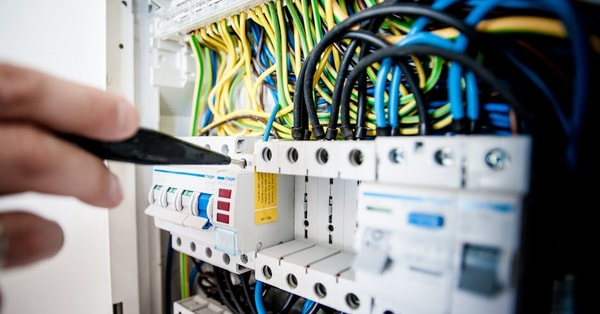China's Car Makers Race to Conquer Europe's Automotive Market
Chinese car manufacturers are rapidly gaining ground in Europe's automotive market, particularly in the UK, signaling a shift in industry dynamics.
As Tesla sought to capture the attention of British consumers, it strategically placed its cars and vibrant signage at a dealership located at the bustling Hogarth roundabout in west London. With exposure to approximately half a million drivers daily, this move cemented Tesla’s position as the leading electric vehicle (EV) seller in the UK. However, the scene has changed dramatically; the dealership now showcases two Chinese brands, Omoda and Jaecoo, both under the umbrella of the state-owned Chery Group.
Chinese automobiles are making significant inroads across Europe, achieving a milestone by outselling their Korean counterparts in western Europe for the first time in September. This impressive growth is closely tied to the UK market, which accounted for 30% of the 500,000 Chinese vehicles sold in western Europe from January to September, as reported by Matthias Schmidt, a Berlin-based automotive analyst.
“Their success has been remarkable,” commented Steve Young, the managing director of the Hogarth dealership, owned by the Turkish group Çetaş Otomotiv. “The site that we have here makes a statement. It’s a flag waver for us. Every minute or so the traffic lights change, and drivers are stuck outside our window.”

China's automotive manufacturers have leveraged the global shift towards electric vehicles to solidify their presence in the international market. Heavily supported by both national and regional governments, these companies are navigating a landscape complicated by rising trade barriers in the EU and the US, alongside ongoing supply chain challenges.
The Netherlands' recent move to gain control over Nexperia, a Chinese-owned semiconductor manufacturer, has sparked retaliatory export restrictions on essential chips. Concurrently, China's limitations on rare earth metals, critical for various automotive components from motors to magnets, have raised concerns among industry leaders, especially as Brussels seeks to negotiate similar measures following last month’s US-China trade agreement.
Despite these obstacles, the UK remains a welcoming market, positioning itself as a crucial battleground for sales. Leading the charge is BYD, a prominent Chinese company poised to surpass Tesla as the largest global producer of battery electric vehicles this year. The UK has emerged as BYD’s most significant market outside of China, with sales witnessing a tenfold increase in September compared to the previous year.
Other Chinese manufacturers are also making noteworthy strides. Chery topped the list as the best-selling Chinese brand in the UK during October, with its Omoda, Jaecoo, and Chery models targeting both electric and hybrid segments, which integrate smaller batteries with petrol engines.

In stark contrast, Chinese electric and hybrid vehicles face a 100% tariff in the US market. In the EU, tariffs on electric cars can range from 17% to higher percentages, making it challenging for these brands to penetrate these markets as effectively as they have in the UK.
The automotive industry is undergoing a seismic shift, with Chinese manufacturers capitalizing on the transition to electric and hybrid vehicles. Their increasing foothold in the UK market not only highlights the nation’s openness to foreign automotive brands but also signals a potential reconfiguration of global automotive dynamics. As competition heats up, the outcome of this race will significantly impact the future of the automotive landscape in Europe and beyond.
Tags:
Related Posts
How to Boost Your SaaS Success with Value-Based Pricing
Discover how value-based pricing can transform your SaaS product into a must-have solution that resonates with your customers. Let’s explore the strategy together!
Unlock the Secrets to Engaging Cold Emails
Tired of your cold emails vanishing into the void? Discover proven templates that guarantee replies and transform your outreach game!
Unlock Your Team's Potential: Top 10 Remote Management Tools
Discover the best remote team management tools for 2024 that can boost productivity and collaboration, all from your cozy home office.
10 Cold Email Templates That Actually Get Responses
Tired of sending cold emails and getting no replies? Discover 10 proven templates that can boost your response rates and transform your outreach strategy!
Transform Your Startup Idea with the Business Model Canvas
Wondering if your startup idea will resonate? Discover how the Business Model Canvas can validate your vision and guide your entrepreneurial journey.
5 Game-Changing Strategies to Boost Your Startup Growth
Ready to take your startup to the next level? Discover five practical strategies that can help you scale effectively and thrive in today's competitive market.